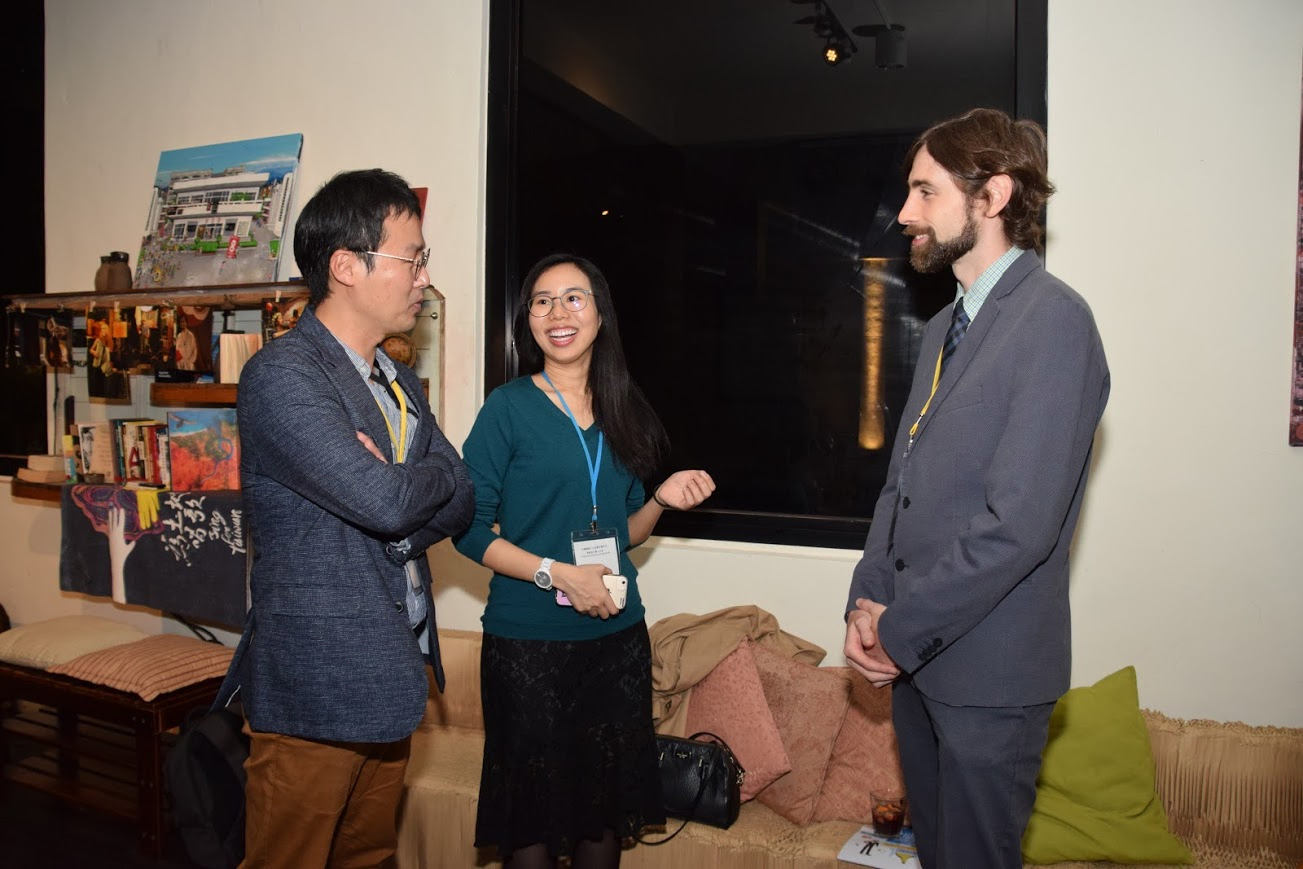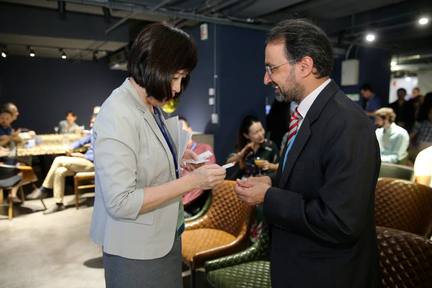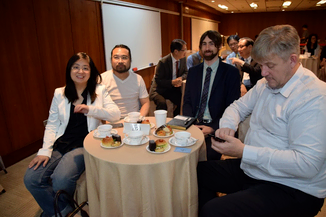
Social Etiquette in Taiwan
Social etiquette is very important for people in Taiwan. They pay special attention to be respectful in social interaction whether it be their words or deeds. Here are some basic business etiquette to guarantee you smooth sailing in business settings or with friends and family.
Greetings
- Names and titles are very important and it is customary to exchange business cards upon introduction. Keep extra business cards in your wallet at all times, and it’s best to have cards with both Chinese and English. After shaking hands, present your business card with both hands to the other person. Do not throw your card on the table and always try to give a card if you receive one.
- A nod or a slight bow is considered polite for the first meeting, while handshakes are generally only for males who are friends.
- Introductions are important. Always wait for a third person to introduce you. If at a party or business meeting, wait for the host to introduce you.
- Punctuality is appreciated, but being a few minutes early or late is acceptable.
- Many greetings include the question, “Have you eaten?” as a polite inquiry.
Meetings
- Business people in Taiwan are hard bargainers and may try to gain concessions by wearing the other party down. Be patient and do not push too hard or fast.
- If possible, bring a team of 2-4 people (one senior individual with decision-making power). This enhances the status and image of executives and reflects on the seriousness of the meeting.
- Decisions are made collectively and can be a lengthy process during negotiation. Once facts are established, agreements can sometimes be reached quickly.
- 關係 or guan-xi means connections/personal relationships. Guan-xi is vital for business success in Taiwan. Taiwanese business people will want to know you personally before they do business with you.
Dining and Entertainment
- To be successful in Taiwan, one must master the Art of Entertaining. Entertaining should never be regarded as a waste of time and choosing the right restaurant is vital and can greatly enhance your chances of success.
- Dining in Taiwan can be elaborate and exhausting with as many as twenty courses at a banquet, meaning that business dinners can go late into the night.
- Be sure to arrive on time or early for a banquet.
- Do not discuss business at dinner unless your hosts bring it up.
- Toasting is common and is often made before and during meals.
- Toasting is done with wine or liquor. The host begins by raising their glass with two hands, with one hand supporting the bottom of the glass.
- If your Taiwan host wishes to toast with you and passes you an empty glass, rest assured that it will be filled by one of the hosts. You are expected to toast your host and drink the contents of the glass.
- The guest of honor is the first to sample any dish brought to the table. Be sure to taste the food immediately as everyone else will wait for you to finish before they eat.
- The host will place food on the guests’ plates. Each person can help themselves to any additional food by placing a small amount of food from a variety of dishes into their individual rice bowl.
- Place your rice bowl close to your face while eating, but leave plates on the table.
- Place your chopsticks together on the table or on the chopstick rest when you are finished. Never stick your chopsticks vertically into a bowl.
- Never place bones or seeds in your rice bowl. If a plate is not provided for this purpose, place them on the table.
- The host (person who has invited everyone) always pays the bill. It is polite for the guest to offer to pay, but don’t insist.
Attire
- The Taiwanese place a heavy emphasis on dressing neatly and conservatively. Men tend to wear suits, while women wear conservative business attire, such as a loose skirt and blouse.
- Making a good first impression is vital. Avoid wearing t-shirts, jeans, and other casual attire to first meetings.
- Even while attending a casual activity, you should dress modestly. Your clothing should be neat, clean, and unwrinkled.
Gifts
- Present and receive gifts with both hands and do not open them in front of the giver.
- Recipients may refuse a gift to be polite, but politely persist until the gift is accepted.
- Custom requires people to reciprocate with a gift of equal value.
- Gifts should be wrapped with great care, and the container and wrapping of the gift is as important as the gift itself.
Body Language
- Do not touch anyone, especially a baby, on the top of their head.
- Affection for the opposite sex is not shown in public.
- Never use your feet to move an object or to point as feet are considered dirty.
- Place your hands in your lap when sitting.
- Men should not cross their legs, but rather place both feet on the floor.
- Putting an arm around someone’s shoulder, winking, and pointing with your index finger are all considered rude gestures. You may point with an open hand.
- Palms facing outward and in front of the face moving back and forth means “no”.
- Nervous movements, such as tapping your foot, are considered rude.
- Accept food and other objects with both hands to indicate respect.
- Be humble if you receive a compliment.
- Family is central in Taiwanese culture, so it is polite to inquire about someone’s family.





